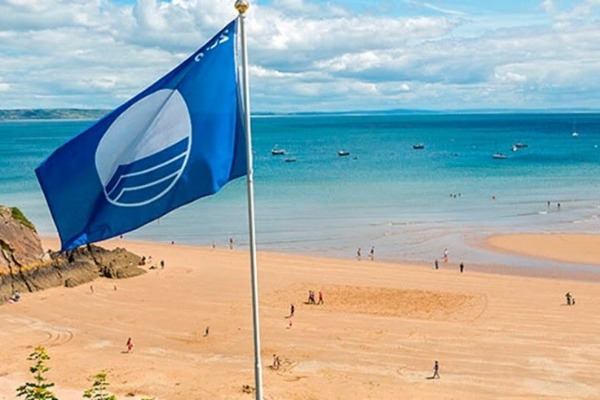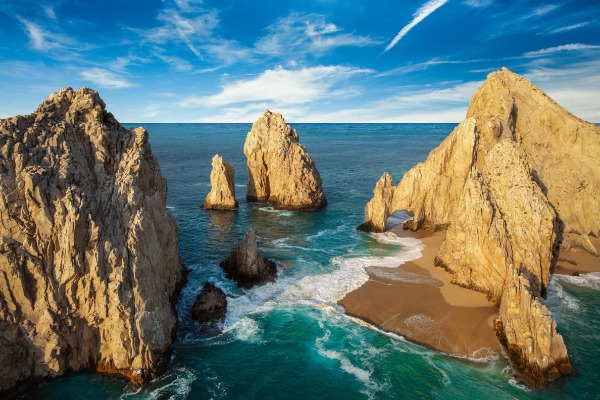Sunny And Sustainable In Los Cabos

For many, a sunny getaway in Los Cabos is simply about an escape to warmer climes, but tourism authorities have been pursuing green travel initiatives to make those getaways that much better and, in the process, help in the battle against climate change.
With 42% of its total territory designated as a Protected Natural Area, Los Cabos takes great strides to preserve its diverse array of flora and fauna for future generations to admire and enjoy.
Looking forward to the future, the destination’s efforts now extend far beyond ecological preservation.
The widespread, dedicated efforts towards sustainability from personnel at all levels of Los Cabos’ tourism industry has been recognized with robust international acclaim. For implementing rigorous environmental, health, and safety standards, Los Cabos has received awards including:
- Blue Flag Certification: Twenty-two of Los Cabos’ incredible beaches have received the coveted Blue Flag certificate in acknowledgement of their safety, accessibility, and commitment to sustainability. The beaches of Los Cabos are rigorously patrolled and cleaned in an effort to protect endemic life both onshore and beneath the waves.
- Green Globe Certification: The gold standard in sustainable tourism initiatives, Green Globe certification is only awarded to properties with a consistent track record of ecological excellence and unwavering adherence to stringent environmental criteria. Los Cabos can proudly claim Green Globe certification for many of its properties, including the Hyatt Ziva, which was recently recognized for its support in a sea turtle tracking program.

For the programs that epitomize Los Cabos’ commitment to the environment but perhaps don’t fit so neatly into the categories above, we’ve put together this concise and digestible list for you. Some of Los Cabos’ marquee initiatives include:
- The prohibition of outdoor advertising in order to avoid both visual pollution and excessive waste generation from construction projects.
- The state-level banning of single-use plastics.
- Government-funded initiatives to encourage the division of garbage and increased recycling.
- Renewed investment in wetland conservation and increased funding for personnel training in waste management principles.
- Wide-spread and mandatory training for transit and tourism industry operators on beach care and marine life conservation.
Go to www.visitloscabos.travel for more.


